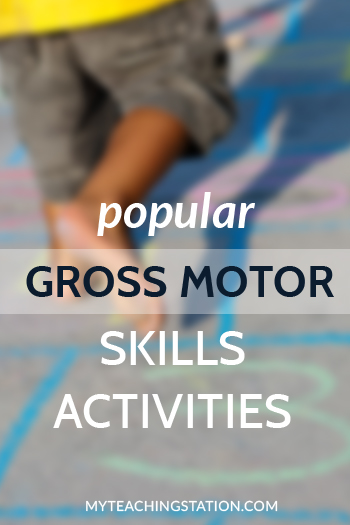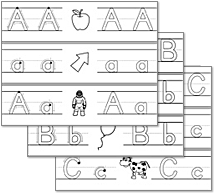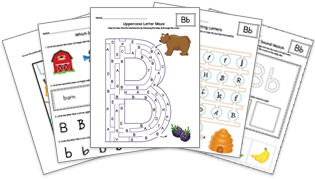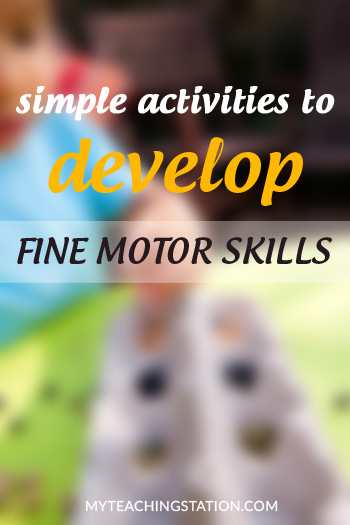
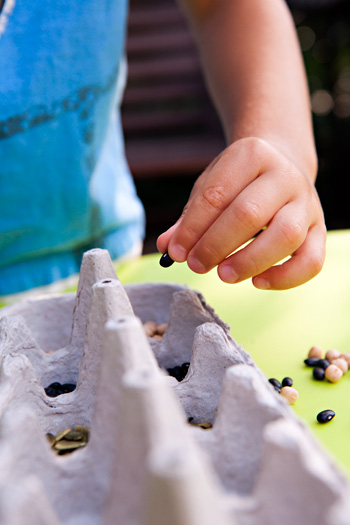
Tiny Hands, Mighty Futures
Unlocking a lifetime of success begins with the simple yet powerful act of nurturing fine motor skills in children—a journey that parents and teachers can easily embark on together, fostering not only immediate growth but laying the foundation for a lifetime of achievements.
Fine motor skills describe the body's ability to move small muscles such as the fingers, toes, lips, tongue and wrists. These motor skills are fundamental to engage in smaller, more precise and exact movements.
Fine motor skills are crucial for a child's overall development, influencing their ability to perform essential tasks like writing, drawing, buttoning clothes, and even tying shoelaces. Understanding how to support and nurture these skills is key to ensuring children's success in various aspects of life.
Understanding Fine Motor Skills: A Quick Start Guide
Why are Fine Motor Skills Important?
Fine motor skills lay the foundation for academic success and daily life activities. They contribute to a child's ability to grasp and manipulate objects, coordinate hand-eye movements, and engage in tasks that require precision and control.
Observation and Assessment:
You can gain helpful insights from observing a child's fine motor skills development. Note how they handle writing tools, manage small objects, and perform tasks that demand dexterity. Regular observations provide valuable insights into a child's progress and help identify areas that may need extra attention.
Incorporating Fine Motor Activities in the Classroom:
- Themed Learning Centers:
Set up themed learning centers that focus on fine motor skills. For example, a "Construction Zone" could involve activities like stacking blocks or using small construction toys, enhancing both fine motor skills and creativity.
- Sensory Bins:
Create sensory bins filled with various textures such as rice, sand, or pasta. Encourage children to explore and manipulate the materials with their fingers, promoting sensory development and fine motor coordination.
- Art and Craft Stations:
Integrate art and craft activities that involve cutting, tearing, and pasting. These activities not only enhance fine motor skills but also allow children to express their creativity.
At Home Environments:
- Fine Motor Playdates:
Encourage playdates where children can engage in fine motor activities together. This not only makes learning enjoyable but also promotes social interaction.
- Daily Routines:
Infuse fine motor activities into daily routines. For example, have children button their shirts, tie their shoes, or pour their own drinks. These tasks contribute to skill development and foster independence.
- Outdoor Exploration:
Outdoor play is an excellent way to develop fine motor skills. Activities like digging in the sand, climbing on playground equipment, or using chalk on the sidewalk engage different muscles and enhance coordination.
Adapting Activities for Different Skill Levels:
Always be mindful of each child's individual abilities and allow them to develop at their own pace. Modify activities to accommodate various skill levels, providing challenges or support based on each students progress.
Patience and Positive Reinforcement:
Approaching fine motor skill development with patience is a key to progress. Celebrate small achievements and offer positive reinforcement to motivate children to continue practicing and refining their skills.
Fine Motor Activities for Development: A Hands-On Approach
Check out these hands-on activities to boost fine motor skills development in the classroom or at home:
- Clothespin drops
Picking up small objects, such as buttons with a wooden clothespin, and placing them inside of a bottle develops coordination and precision. For younger children, use a container with a larger opening.
- Drum beats
Play easy sound patterns for your child to listen and imitate using wooden sticks or clapping hands.
- Fill the tube
Use recycled paper towel rolls to create a long tube and ask your child to place cotton balls or other small objects inside.
- Egg carton sorting
Allow your child to sort small objects inside of an egg carton (such as beans or cereal).
- Shaping hands
Create different shapes with your hands such as a heart, triangle, and letters. Ask your child to mimic your moves.
- Wrapping rubber bands
Ask your child to place different size and color rubber bands around a bottle or can.
- Making a collage
Demonstrate to your child how to use their thumb, index finger and middle fingers to rip different sized pieces of paper to create a collage. Use paper with images of shapes, numbers and letters.
- Finger puppets
Demonstrate to your child how to use their thumb, index finger and middle fingers to rip different sized pieces of paper to create a collage. Use paper with images of shapes, numbers and letters.
Summary
Exploring the world of fine motor skills is like unwrapping a gift—full of surprises and secrets for kids on the road of early learning development. From cool classrooms to cozy homes, you can easily add the fun factor to learning, turning everyday activities into awesome adventures. Themed zones, sensory fun, and outdoor escapades become the perfect playgrounds to pump up skills, making the ordinary stuff feel extraordinary.
Being adaptable is the name of the game, recognizing that every kid is like a unique puzzle piece. Patience, cheers, and high-fives for small wins turn educators and parents into the captains of cool, creating spaces where fine motor skills can bloom.
Conclusion
As we wrap up this fine motor skills exploration, it's not just about steps forward; it's about secret doors opening to a future full of brightness. The activities we've talked about aren't just tasks; they're like sparks for creativity and keys to unlocking independence. Watching the rhythmic fun of clothespin drops, the beat of drumming, and the cool shapes we make with our hands, we're witnessing potential coming to life.
With these simple activities, educators and parents become the heroes, launching each kid into an exciting journey of success. The show might be over, but the echoes of fine motor skills keep bouncing, making sure our young stars keep shining bright in the big play of life.
